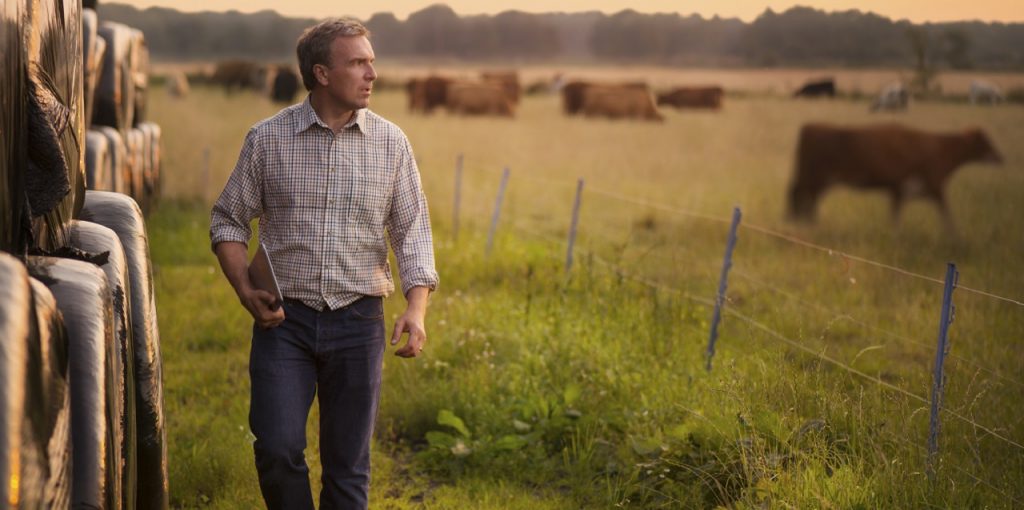By Stanka Becheva, food and farming campaigner at Friends of the Earth Europe
For years, peasant farmers and environmental groups have raised their voices to demand the EU’s farm, trade, environment, food policies better protect the European countryside, support rural communities and produce healthy food for all. As the EU institutions creak towards the end of yet another process of reforming one of the biggest policies concerning EU food and farming, the Common Agricultural Policy (CAP), it’s time for decision-makers in the EU admit the game is up and look for something more comprehensive.
Fortunately, they don’t have to look far. Today, the network of farming experts at IPES food have set out their plan for a new approach to food and farming: a Common Food Policy. Instead of just looking at agriculture, the argument goes, we should also take into account the whole food system. This means making sure agriculture policy in the EU is aligned with policies that deal with processing, distribution and consumption, and focusing the whole thing on ensuring a transition to a sustainable food system.
The idea has broad support. It was shaped by more than 400 farmers, food entrepreneurs, civil society activists, scientists, and policymakers (including Friends of the Earth Europe).
What problems does European agriculture face?
The European Union is world’s biggest importer of agricultural products. This means we’re using an unsustainable and unjust amount of the world’s resources. We use twice as much land and water to feed ourselves than we have here.
Much of this demand comes from soy and other protein crops needed to feed factory-farmed animals. This has significant knock-on impacts on global supplies of food and leads to millions of hectares of land-grabs in South America. Moreover, it’s wrecking the climate: factory farming is responsible for 85% of total greenhouse gas emissions from the agricultural sector in the EU.
Current approaches are failing
Current responses – whether from public policies or from the private sector – are failing to adequately address the deep and interconnected challenges in food systems. The prevailing solutions have only reinforced our reliance on a highly specialized, industrialized, financialized, standardized and export-oriented model of agriculture and food production. This model systematically generates hidden costs (‘externalities’), which are not included in retail prices but are incurred by people around the world and passed onto future generations.
What we need to do instead
The report has a long list of recommendations of things that the EU should do to embrace a progressive, sustainable and inclusive Common Food Policy. They include:
- Creating a European Commission Vice-President for Sustainable Food Systems and a Food Intergroup in the European Parliament to oversee and harmonising sectoral policies (CAP, trade, environment etc)
- Requiring Member States to develop Healthy Diet Plans (covering public procurement, urban planning, fiscal and social policies, marketing & nutrition education) as a condition for unlocking CAP payments, and introducing comprehensive EU-wide restrictions on junk food marketing
- Introducing an EU-wide ‘agroecology premium’ as a new rationale for distributing CAP payments, rebuilding independent farm advisory services, and creating an EU Land Observatory to promote a major shift to sustainable farming and land use
- Making food importers accountable for ensuring their supply chains are free from deforestation, land-grabs and rights violations, removing investor protections (so-called ‘ISDS’) in trade agreements, and providing accessible complaints mechanisms for farmers and civil society
- Increasing support for initiatives linking farmers and consumers (short supply chains), relocalising processing and value-adding activities, local food policy councils, and urban food policies
- Creating an EU Food Policy Council to bring the concerns of local food system actors to the EU level and ensuring that EU policies are systematically designed to support the emergence of local food initiatives
The EU urgently needs to build a sustainable, healthy and resilient food system. The current approach to food and farming is a hodgepodge of incoherent and competing policies that damage public health, the environment and the welfare of the farming community. By looking beyond the CAP and embracing a progressive overarching framework for food and farming policies in the EU we can break free from the vested agribusiness interests that dominate EU farm policymaking and start building an agroecological food system that is fit for the future.







